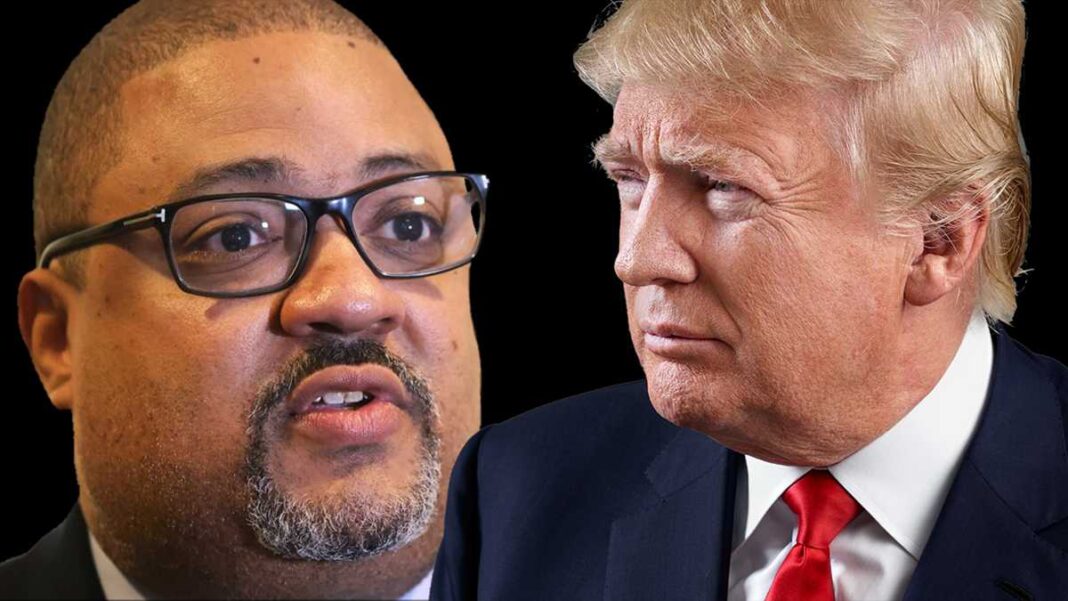The bill is tailored narrowly to address the issue of social media serving as tools of foreign influence and surveillance, but it still could be abused.
A debate has raged over a bill that would ban the social media app TikTok unless it strips its links to China. There appears to be a broad consensus that the app is a national security risk, exposing users to risk of nefarious influence and personal data exfiltration by the communist regime in China. Many argue, however, that the bill would unduly expand the power of the federal government to control speech.
Many of the arguments and counterarguments are faulty, but there are real points of controversy regarding the bill, several lawyers told The Epoch Times.
The bill, as passed by the House of Representatives, would make it illegal—under threat of massive fines—to allow the operation in the United States of major social media apps or websites directed or substantially owned by entities based in adversarial nations, specifically China, Russia, Iran, and North Korea.
The bill singles out TikTok and its parent company, Bytedance, but also opens an avenue to expand it to other social media companies with such foreign links.
Because Bytedance is based in China, it’s subject to the dictates of the Chinese Communist Party (CCP). Moreover, a Chinese state-run company owns a stake in a key Bytedance unit. The stake allows the investor to appoint one of the unit’s board members.
Media investigations have found that U.S. TikTok users are pushed by the app’s algorithms to different, less wholesome content than users of the app’s Chinese version. Also, U.S. user data has likely been accessible by the company’s Chinese staff despite TikTok’s assurances to the contrary, The Wall Street Journal reported.
The app has been criticized for fostering addiction and overall being psychologically harmful.
The Trump administration declared TikTok a national security threat.
The House bill, H.R. 7521, gives TikTok the option to divest of the China-linked entities or face being blocked in the United States.
The bill is tailored narrowly to address the issue of social media serving as tools of influence and surveillance by specific foreign adversaries, according to Hans Mahncke, a lawyer and co-host of Epoch TV show “Truth Over News.”
He acknowledged, however, that there are vague points in the bill that could be abused.
By Petr Svab






